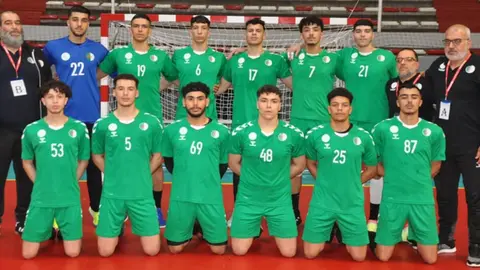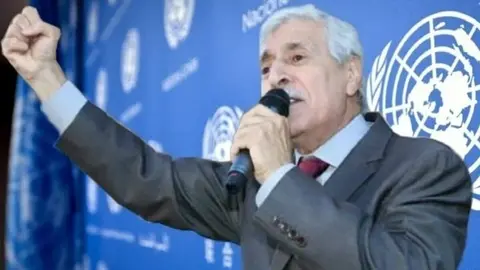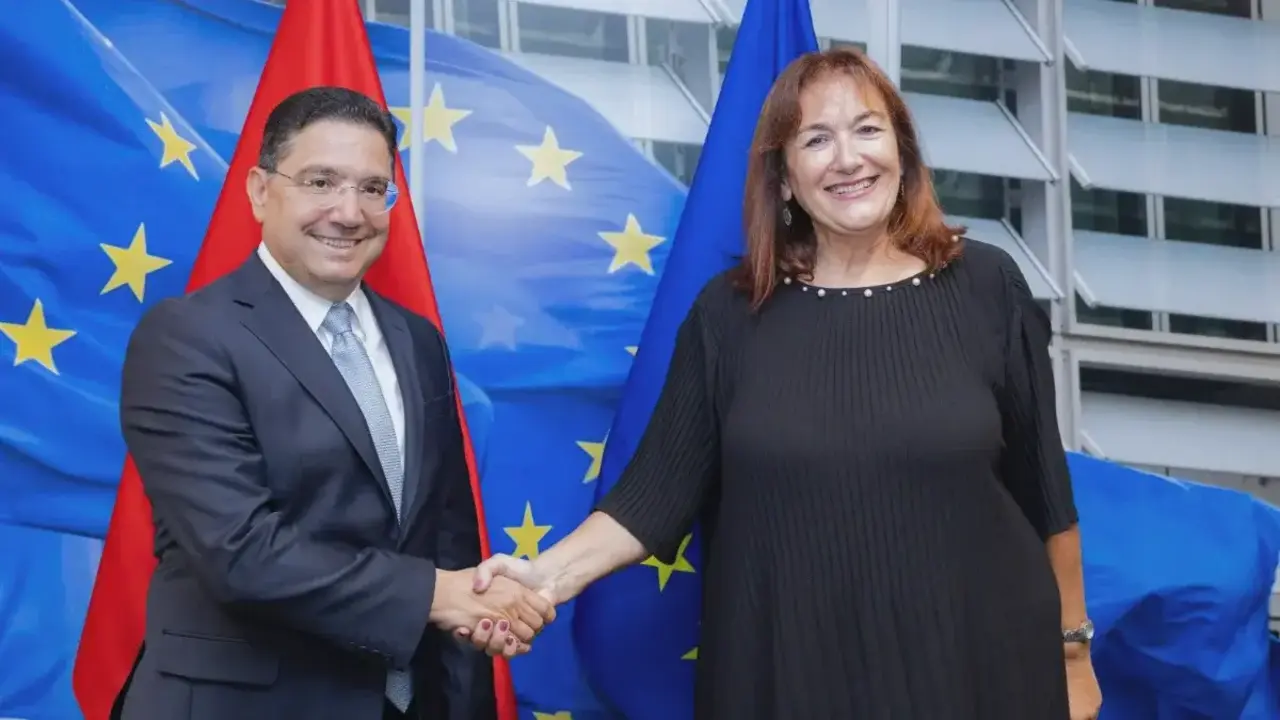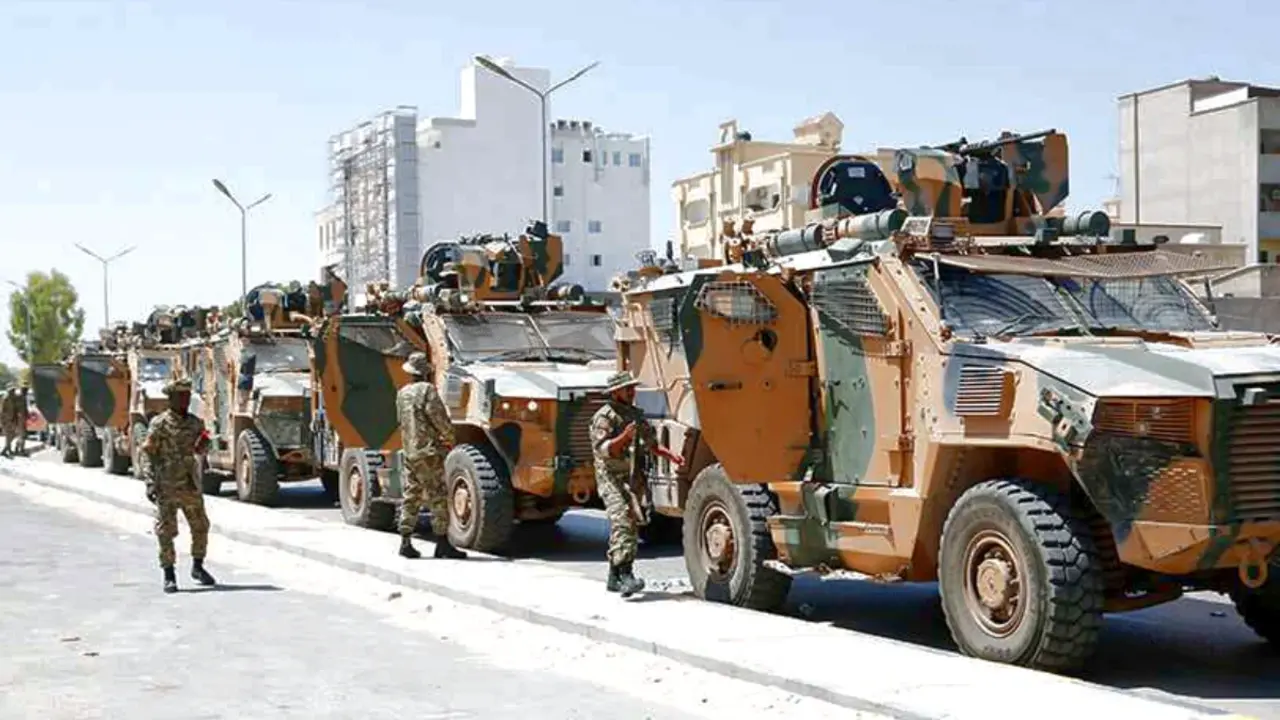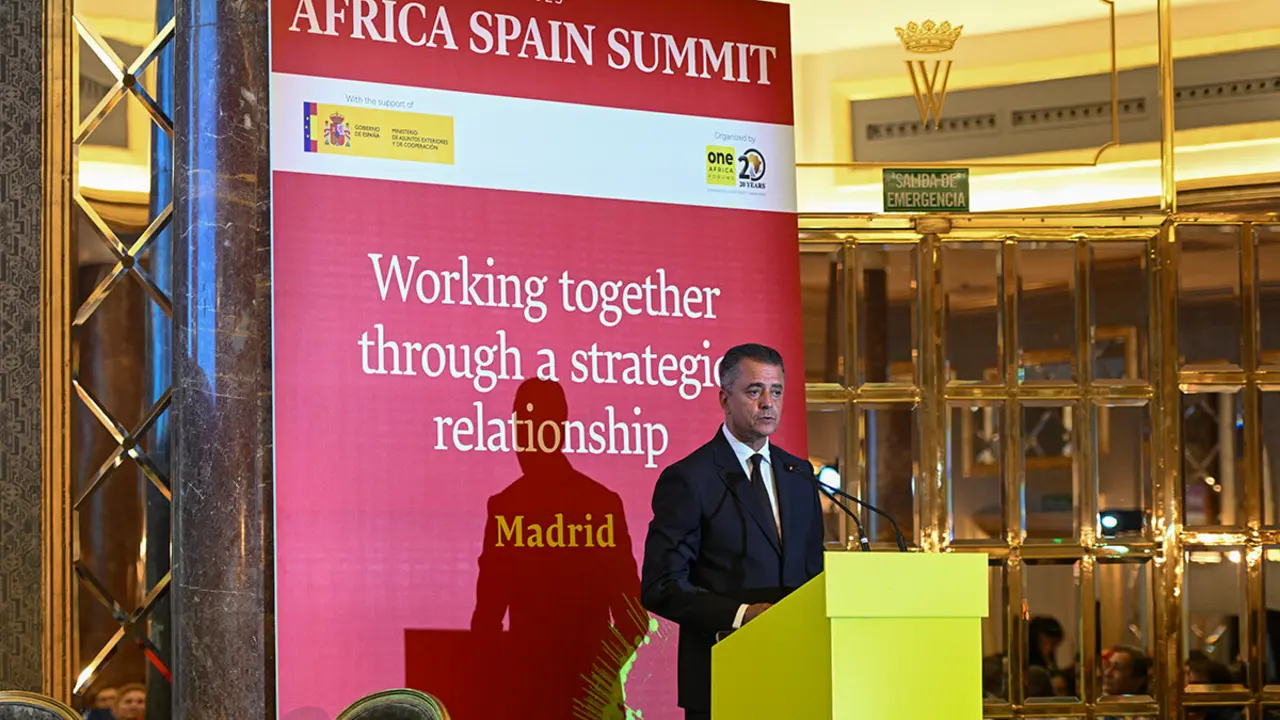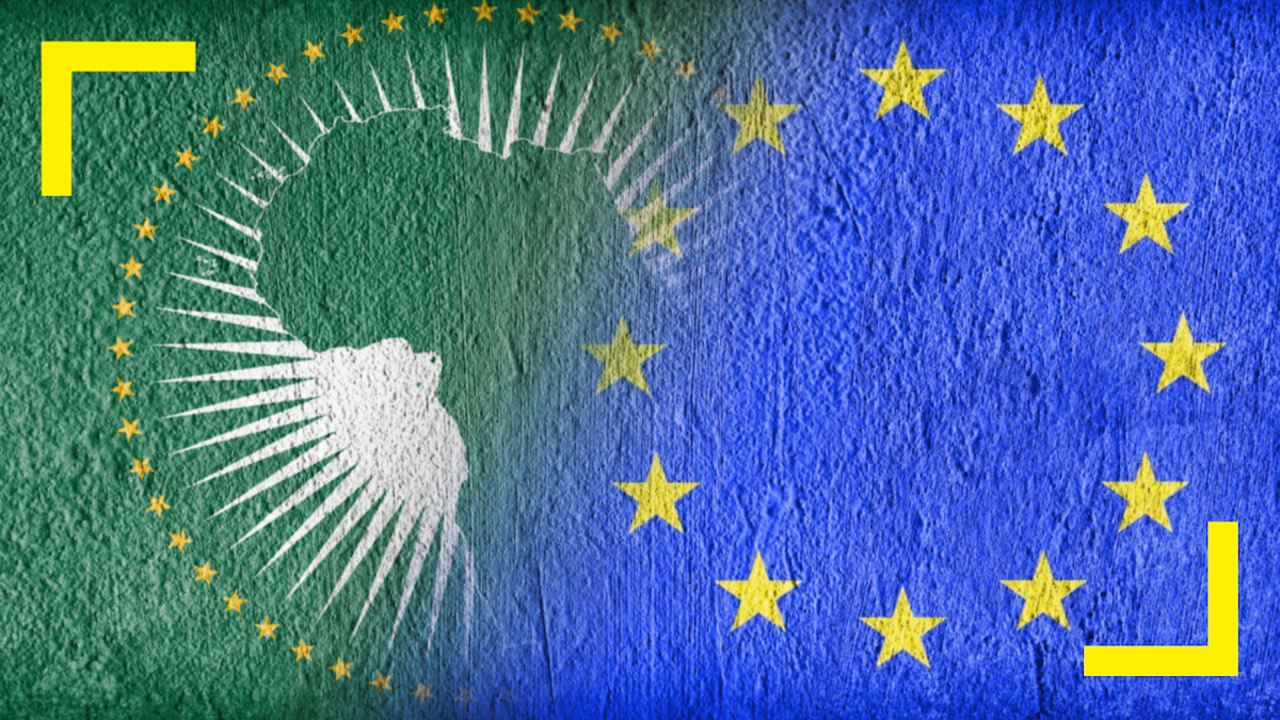Algeria: release of former National Police chief Farid Bencheikh stokes the flames of clan warfare
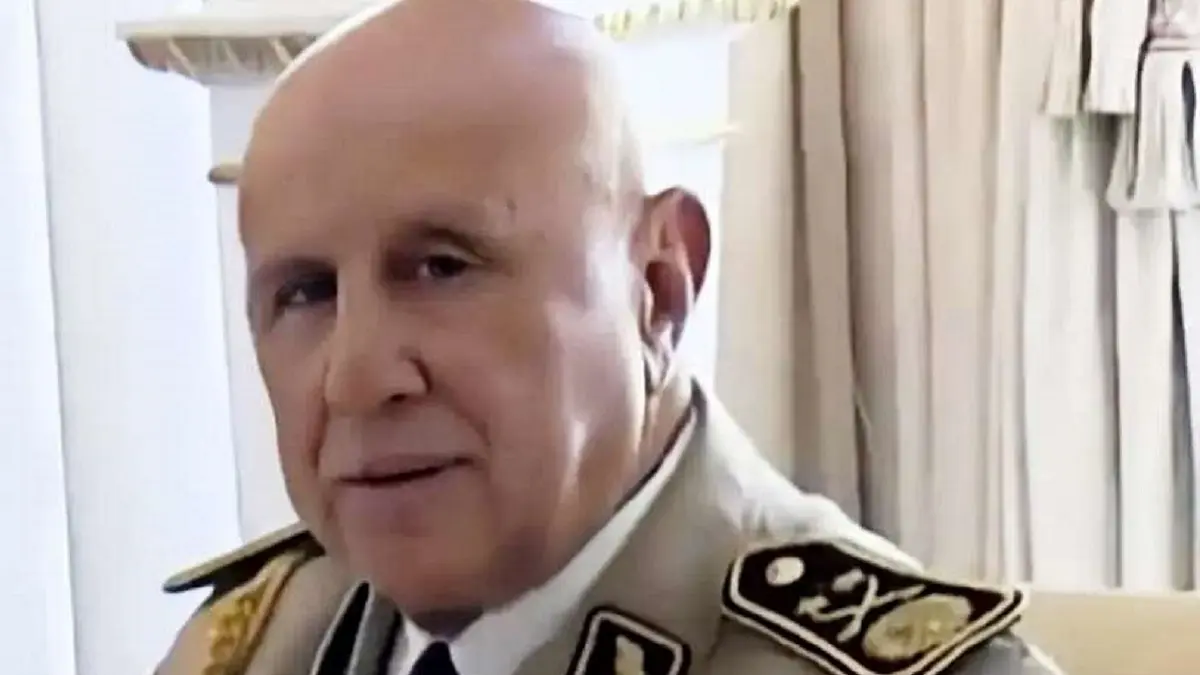
It all started when the smartphone of Saïd Bensdira, known as the "London rat", one of the media relays and influential agents of the General Directorate of Documentation and External Security, landed on Farid Bencheikh's desk.
A controversial figure, he is currently under judicial surveillance in France. A veritable goldmine of information on the secret activities of a section of the army and external security, including the famous plot by the military against the President of the Republic.
Colonel Boualem Bennacer denounced this plot loud and clear before the Blida military tribunal. He refused to go along with his superiors' plan, even though he was consul in Alicante (Spain).
As the president's right-hand man, the head of the National Police handed over all the files on this phone to Abdelmadjid Tebboune and his chief of staff, Boualem Boualem. And so the sardine fishing began.
This was in July 2023. From the long list of the network involved in the plot against the president, we were content to make a vast network of second knives.
Tebboune did not dare to confront General Chengriha, the real head of the conspiracy, nor the pilot of the operation, the head of external security, General Djebbar Mehenna. The sardine fishery was not very successful.
Six months later, after a precarious truce, a real storm broke out against the police chief and his entourage. The counter-offensive was launched.
The alibi used was the case of a young illegal immigrant who had sneaked into Oran international airport in the landing gear of an Air Algérie plane bound for Orly airport in France on 28 December. It was as if the phenomenon of clandestine emigration was new to Algeria.
The investigation was entrusted to the Directorate General of Internal Security to determine who was responsible for this notorious affair.
The Othmania court in Oranie remanded ten policemen and a mechanic from the national airline Air Algérie in custody. Following these arrests, the head of the national police, Farid Bencheikh, was removed from his post. This sudden turn of events was not expected.
On the morning of 8 January, as he left his family home, he found himself surrounded by a platoon of DGSI officers. His driver, who had meanwhile been disarmed, drove him to the headquarters of the General Directorate of National Security at Bab-El-Oued.
He was received by Generals Mehenna Djebbar, Djamel Mejdoub Kehal and Yahia Ali Ouelhadj, responsible respectively for external security, internal security and the national gendarmerie. Intruders at a handover ceremony for a structure that has no connection with the army.
To his astonishment, Farid Bencheikh found Brahim Merad, the interior minister, waiting for him in the company of Ali Badaoui, who would be his successor in a few minutes. Everything had been organised without his knowledge.
His minister had not informed him of his dismissal, which had undoubtedly been decided at the last minute. The Interior Minister had merely carried out "orders from above", as we say in Algeria when referring to the hidden power of generals lurking in the shadows.
A little less than four months later, he was arrested by the military for questioning about an alleged "plot against the army and the external security services". This accusation was repeated by one of the media spokespersons of these same services, installed in France as a political refugee.
The ex-DGSN was detained for no more than ten days and, much to the chagrin of his opponents, was released without the slightest prosecution. This will only add fuel to the fire of a clan war that is cowardly waged on both sides.
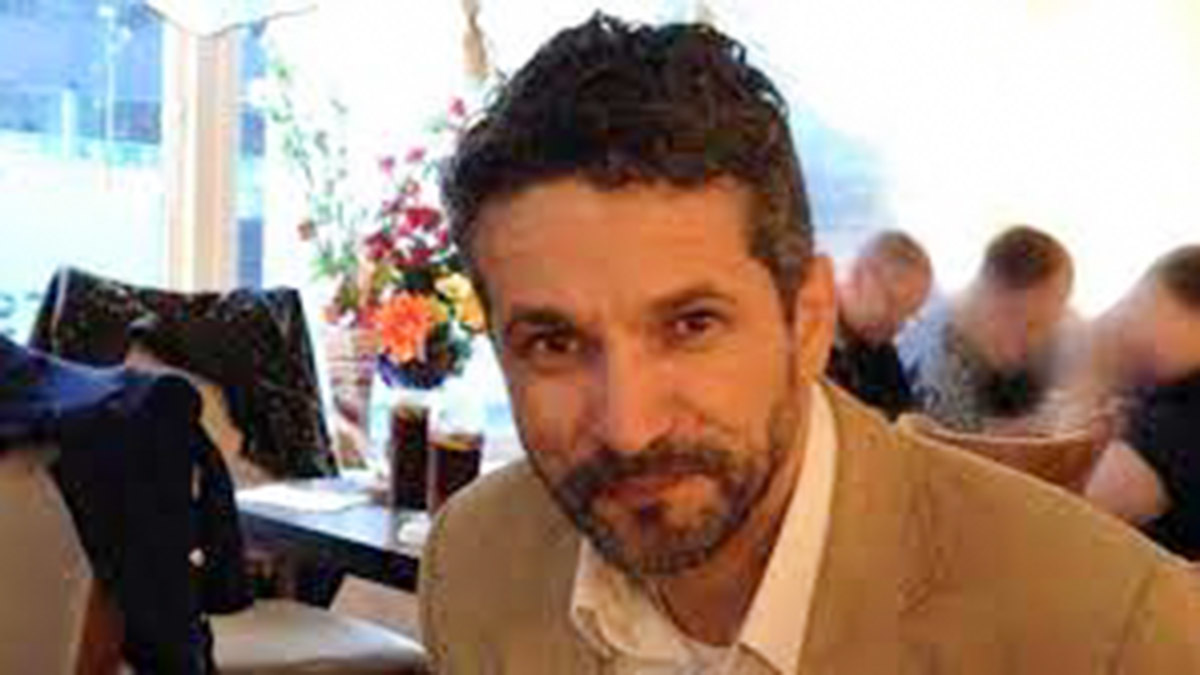
Farid Bencheikh's next big comeback
According to generally well-informed sources, it will not be long before the former chief is back in business. The seizure of the "London rat's" smartphones has neutralised his opponents.
Any attempt on his part to act violently against President Tebboune will expose Algeria to a real European embargo, synonymous with total paralysis of the country and popular uprisings against the military junta.
Once the truth has been discovered, the French cannot accept a partnership with what can only be described as coup thugs. For the sake of Algeria and the entire Mediterranean region, it is imperative to put an end to the excesses of a group of generals who know nothing about politics and who impose their diktat not only on the Algerian people but on the peoples of the entire region.
Farid Bencheikh's return would come as no surprise in a country where the current head of external security, General Djebbar Mehenna, before being promoted to his current post, was in a military prison serving an eight-year sentence for "illicit enrichment, corruption and influence peddling", as reported by public television on the day of his incarceration.
He served only 11 months of his sentence and is now one of the strongmen of the current regime. The same can be said of the head of internal security, General Djamel Kehal, who was sentenced to three years in prison when he was head of presidential security.
His deputy, General Abdelkader Haddad, fled to Spain for fear of prosecution for the numerous crimes he committed against Algerians, whom he executed in cold blood by shooting them in the head while they were handcuffed (see video).
The current prosecutor of the Blida military tribunal, Colonel Fouad Boukhari, also spent two terms in military prison, as did many of his fellow military judges. This is astonishing and unprecedented. But let's be realistic.
This is the new Algeria of the Tebboune-Chengriha duo. A duo that is now waging a proxy war in the run-up to the 7 September presidential elections.
Tebboune is not Erdogan
The conspiracy orchestrated by the army against Tebboune reminds us of the plot hatched against Recep Tayyip Erdoğan in 2016. We well remember the Turkish president's violent reaction.
As of 19 August 2016, 25,917 people have been arrested as part of the investigation into the coup attempt. In addition, 13,419 people have been remanded in custody and the passports of 74,562 people have been confiscated.
In addition, almost 5,000 Turkish state officials were dismissed from their posts and 80,000 suspended. The government closed down 4,262 foundations, hospitals, educational institutions, associations, media, trade unions and companies.
By the end of October, another 10,131 civil servants had been dismissed. In total, by the end of October, some 85,000 civil servants had been dismissed and 35,000 people imprisoned in connection with the coup.
In November 2016, a new round of layoffs began with almost 15,000 dismissals, including 7,600 dismissals in internal security, 2,700 dismissals in the Ministry of Interior and around 1,200 teachers. In addition, some 550 associations, several media outlets and 19 medical institutions have been forced to close.
This new round of expulsions would bring the total number of expulsions to almost 110,000 people. Thus, between 15 July and 18 November 2016, more than 110,000 military personnel, civil servants, magistrates, teachers and police officers were dismissed and 36,000 people imprisoned are awaiting trial for their alleged involvement in the coup attempt.
It is well known that Tebboune is not a man for confrontation. Especially not with the generals. By remaining impassive and passive, he discredits himself in the eyes of public opinion, even if the latter is unaware of what is going on at the highest levels.
But above all, he will discredit himself in the eyes of the French authorities, who have learned of the contents of the first smartphone and three others confiscated during the arrest of the "London rat", as well as his laptop.


